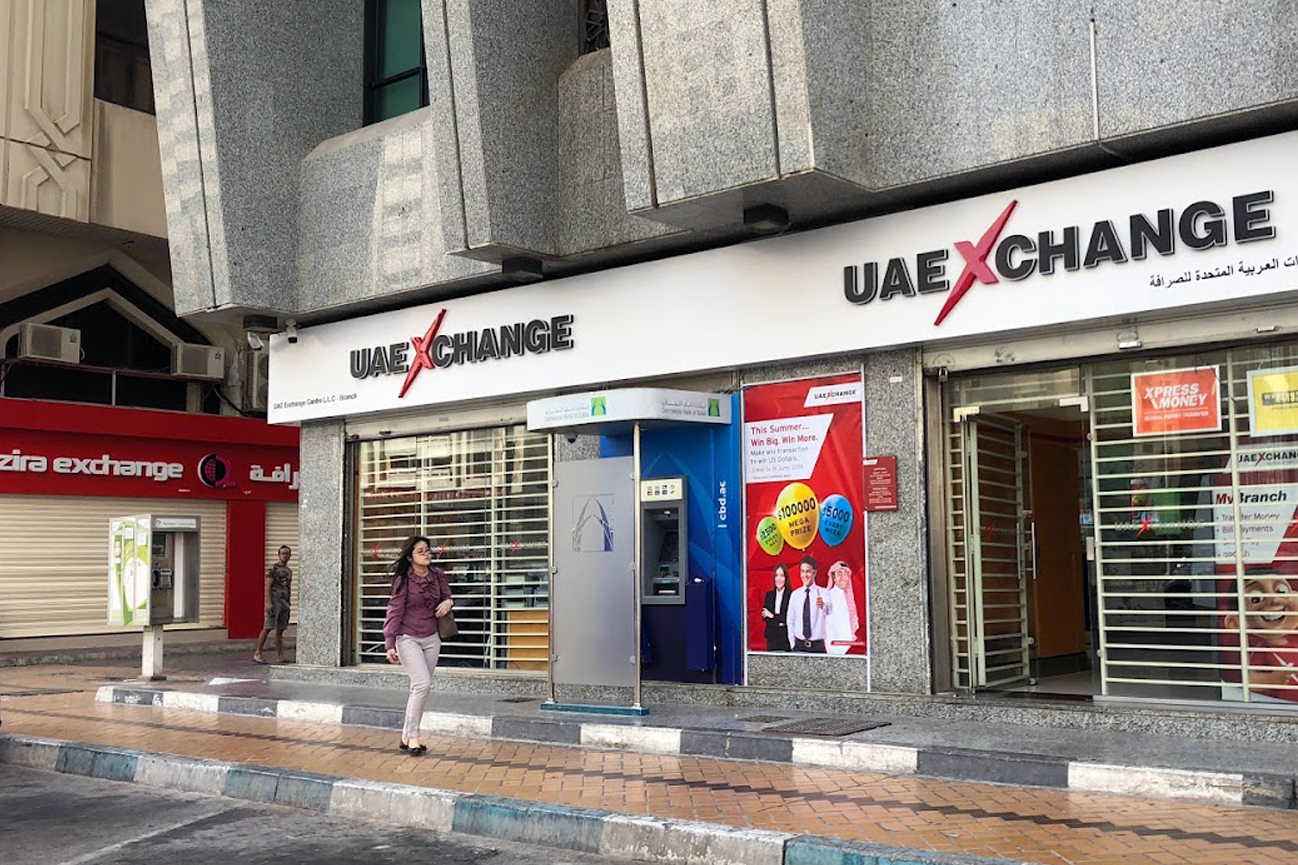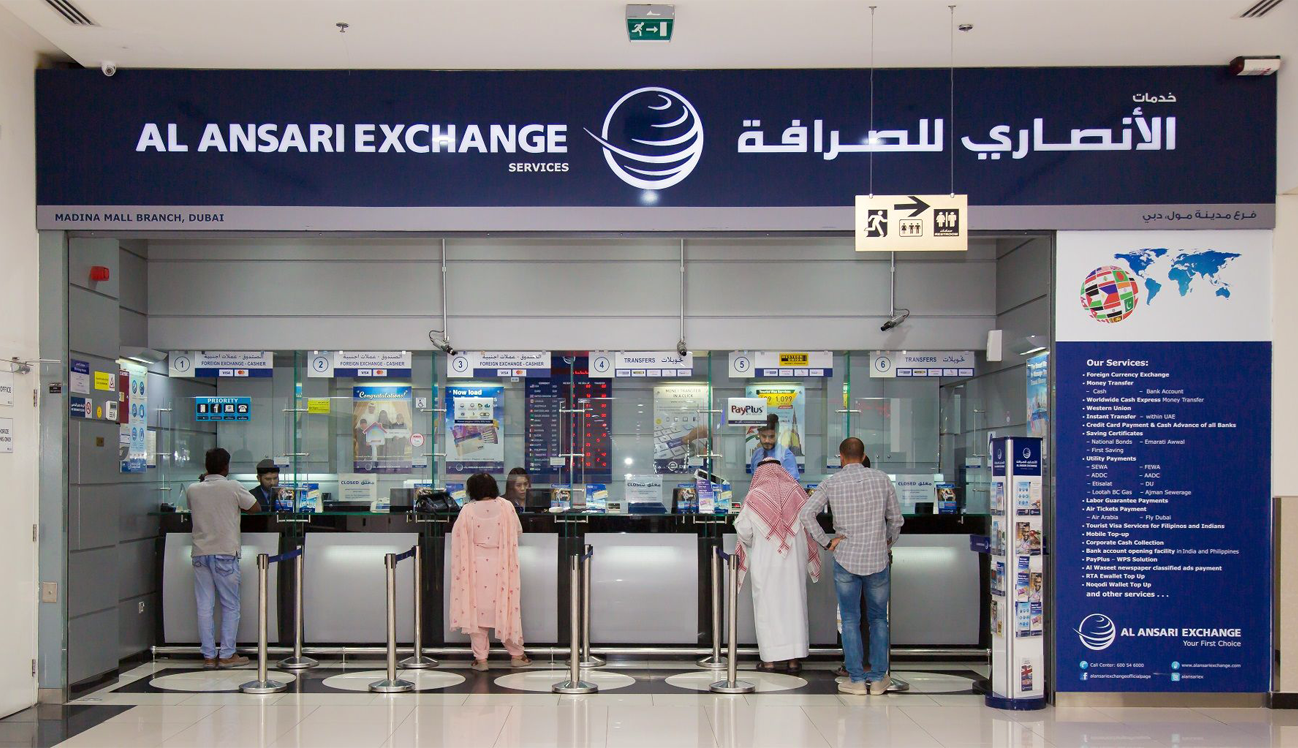First published in:

Rutledge, E. J. (2006, May 28). The dollar declines, while the euro shines. Khaleej Times. https://www.khaleejtimes.com/business/the-dollar-declines-while-the-euro-shines


The dollar is once again losing value, and has depreciated by seven per cent against the euro since the start of the year. How far it will go is anybody’s guess, but the odds are, it will fall further.
Li Yong, China’s Vice-Minister of Finance, has talked of a possible further 25 per cent fall. According to some estimates the amount the United States now owes to the rest of the world now stands at $3 trillion. This, not anything else, is the prime reason for the dollar’s decline.
Although the Federal Reserve does not want to see the dollar collapse, it probably views any dollar devaluation as a convenient way of partially reducing the US’ huge current account deficit. If the dollar declines so will the ‘value’ of the deficit. However, a falling dollar does not bode well for the GCC. It will exacerbate inflation as European and Japanese goods become more expensive and it will also result in a depreciation of the ‘real’ value of the region’s reserve holdings. In addition, because oil and gas are priced and sold in dollars the GCC also stand to loose some revenues in this respect also.
Nevertheless, we have seen only a limited response to these currency conundrums in the form of Kuwait’s decision to allow its currency to appreciate marginally against the dollar. There has been talk from several of the region’s central bankers about a possible realignment in their foreign reserve holdings but as yet no concrete action has been announced. For the time being at least, any speculation that other GCC states were about to follow Kuwait’s lead have been discounted. Both the Saudi Arabian Monetary Authority and the Central Bank of Oman came out and publicly defended the status quo.
Apart for arguments such as ‘providing stability’ and ‘eliminating intra-regional exchange rate risk’ (all 6 GCC states are pegged to the US dollar, albeit Kuwait maintains a more flexible band within which to fluctuate), there is another argument for maintaining the dollar peg. And that is that the collective peg is an interim step towards forming a single GCC currency in 2010. Having a joint peg is a good thing, as it eliminates exchange rate risk within the bloc, but it could just as easily be achieved with a joint peg to the euro or a trade weighted basket of currencies.
Happy creditors no more? For many years Asian central banks, particularly those of China and Japan, have been willing to finance US deficits despite the risks, in order to support their own export-led growth models. However, the scale of financing (subsidising) required to sustain the US’ current account deficit may soon exceed their absorptive capacities. A law of diminishing returns also comes into play; there comes a point when alternative economic growth models look more appealing that accumulating ever greater numbers of underperforming US Treasury Bonds.
The current situation is somewhat perplexing, the country that controls the world’s de facto reserve currency, also happens to be the world’s largest debtor. In any other walk of life, you would be forgiven for being somewhat wary if lending to someone with huge debts. The US like any other debtor may be tempted to use (or not do anything much to prevent) devaluation to reduce external deficit, and this is hardly a desirable trait for a reserve currency.
The dollar has been the dominant reserve currency for at least the past half century and will no doubt continue to be one for some time to come. It can however no longer take this role for granted. One thing is constant in history and that is nothing remains the same forever. Back in the early 1990s after a period where the dollar devalued considerably, many economists at the time speculated about the dollar’s role as the world’s de facto reserve currency. The dollar, nevertheless rebounded, and continued to play its role, in part because there was no viable alternative.
This has changed. Today we have the euro (tomorrow perhaps, even the Yuan). In general for a currency to qualify as a reserve one it needs to meet several criteria including being backed by a large economy, which itself has free flows of capital, open and deep financial markets and low inflation. The euro zone has all of these characteristics and to top it all, it runs a current account surplus.
Those who switch first stand to gain the most: It is now estimated that the US’ deficit consumes no less than two thirds of the worlds total current account surplus. Joseph Stiglitz, a former head of the IMF, recently pointed out that there is obviously something peculiar about a global financial system in which America borrows more than $2 billion each and every day from other countries (in March the US’ Trade Deficit was $62bn) whilst lecturing them on fiscal responsibility.
One could view the current state of affairs as a bit like the classic ‘prisoner’s dilemma’. If any one Asian central bank switched its reserves into euros tomorrow it would undoubtedly benefit vis-à-vis the others, but if they all attempted to switch at the same time they would collectively see the value of their reserves fall considerably, as the resulting run on the dollar would adversely affect all that hold it in reserve.
Reactionary tendencies will probably mean that the GCC dollar peg remains for the time being but there is a strong and growing argument for a move away from too much dependence on the dollar. If Gulf central banks were to buy euros today with some of their dollars reserves, they would get far better exchange rates than if they were to wait for Asian central banks to make the move first.
It is surely worth the while of the GCC’s central bankers to seriously consider alternative options to the current status quo, it would be a shame if the considerable economic achievements of the past few years are washed away by maintaining a rigid dollar peg that may be extremely expensive to maintain and cause unnecessary inflation.
Bio.
“Emilie Rutledge is an economist with Gulf Research Centre” (2006).
